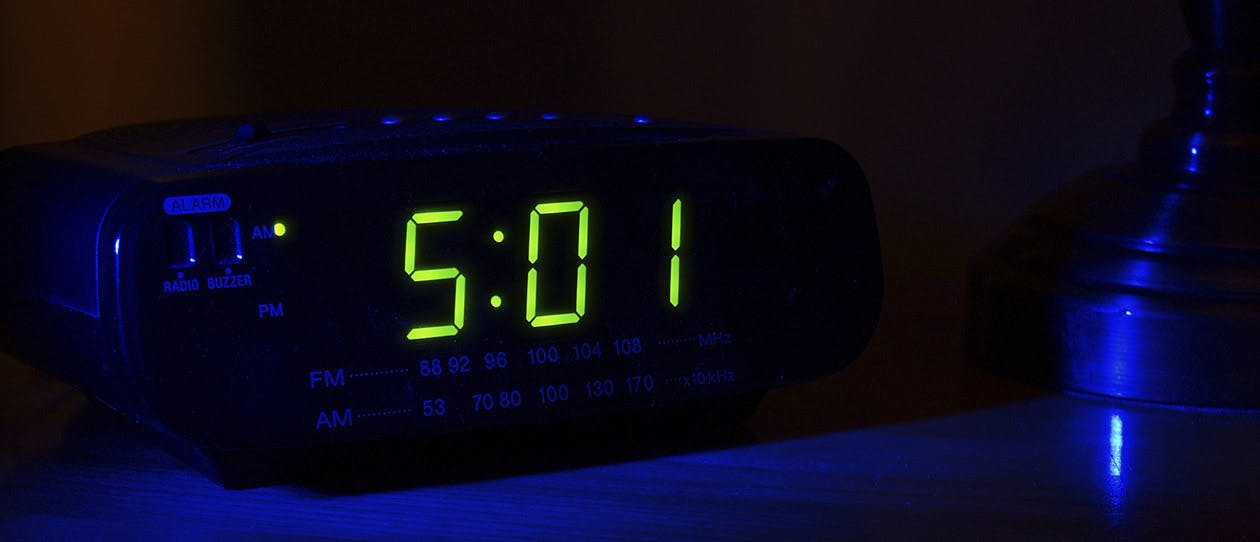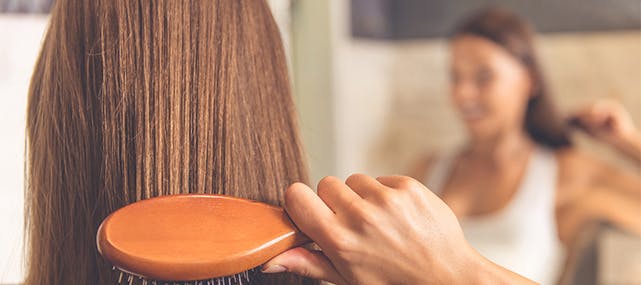
- Health hub/
- Women's health/
- How to beat sleep-maintenance insomnia


No trouble falling asleep, but difficulty great deal of trouble staying asleep: Harvard Medical School (HMS) in the US describes this as ‘sleep-maintenance’ insomnia.
If it lasts for less than three months, your insomnia is classified as ‘acute’ says Northumbria University in the UK – noting that in the British population, between 31 and 36 per cent of people are likely to fall into this category over the course of a given year. Sleep-maintenance insomnia more commonly occurs in women than men. And older rather than young people are more likely to become sufferers.
Here’s why, according to Harvard Medical School:
- Women in midlife are more vulnerable to psychological stress
- Hot flushes compound a woman’s inability to sleep
- In older age, the normal sleep cycle becomes shorter, and we spend less time in deep sleep.
“Whatever the original causes,” writes HMS, “difficulty staying asleep often gives rise to worry over not getting enough sleep, and a vicious cycle develops in which this worry itself becomes the main source of insomnia.”
Fortunately, calming worry is something you can address.
Stay away from caffeine and alcohol after 2 pm if you’re caffeine-sensitive
It’ll only make your mind race. “Caffeine blocks the effects of adenosine, a brain chemical thought to promote sleep,” says HMS.
And have no more than one alcoholic drink a day, preferably taken at least two hours before bedtime. “Alcohol interferes with deep sleep and can interfere with breathing,” HMS says.
Keep a sleep diary
HMS writes: “A 2010 study published in the Journal of Psychosomatic Research found that compared with good sleepers, poor sleepers were more likely to believe, for example, that they needed eight hours of sleep to function; that they couldn't function the next day if they didn't have enough sleep; and that they couldn't cope with the consequences of disturbed sleep.”
To promote the idea of sleep efficiency, keep a sleep diary. HMS advises that if you're spending less than 80 per cent of your time in bed asleep, you're probably spending too much time in bed.
Test out a ‘sleep restriction’ strategy
To establish a more restorative sleep pattern, work out how much sleep you actually need (via your sleep diary) in order to feel your best.
Though eight hours is the general figure we’re all familiar with, later in life you may be okay with six – just experiment and see.
HMS describes the technique of sleep restriction:
“If you get six hours and you need to wake up at 6 am, then don't go to bed until midnight — even if you feel sleepy before then… When you've been able to sleep most of your allotted six hours for five to seven days, go to bed 15 minutes earlier, repeating the process until you reach optimal sleep efficiency: 85 per cent or more of your time in bed spent sleeping.
This technique, called sleep restriction, may at first make you feel sleep-deprived, but it can be very effective if you stick with it, while also continuing other efforts to improve sleep, including sleep hygiene…
If you find that you're falling asleep too early in the evening, keep the lights up bright where you're sitting or working. This can slow the release of the hormone melatonin, which rises when it's dark, promoting sleep, and falls when it's light, promoting wakefulness.”
Did you know?
Older adults are more resilient in the face of sleep deprivation than young adults are, according to research presented at a meeting of the Associated Professional Sleep Societies in the US.
In the small study, older adults (ages 59-82 years) bounced back better from total sleep deprivation than did young adults (ages 19-38 years) on a range of cognitive performance measures.
References available on request




